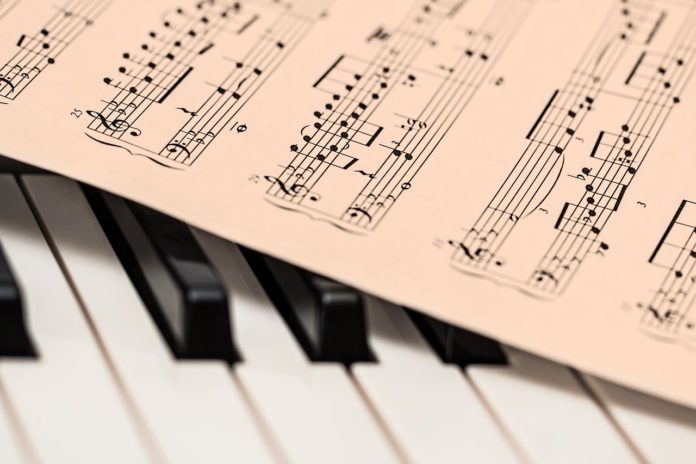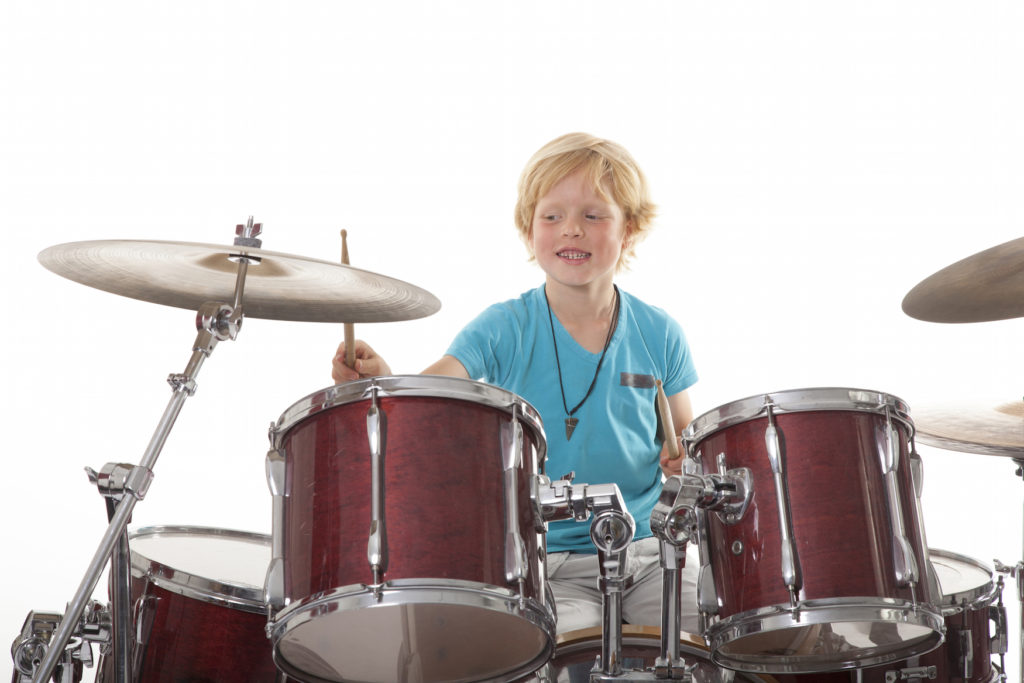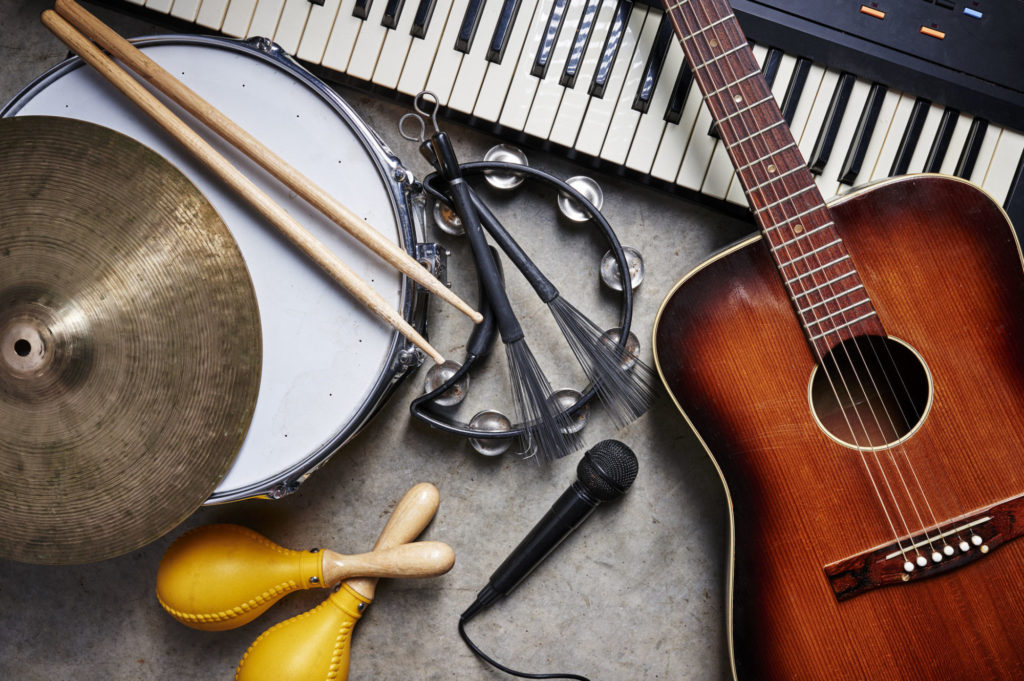
There are plenty of reasons why anyone would want to play a musical instrument. When it boils down to it, music is something that speaks to the very soul and is connected to human culture in ways that not many other ventures can match. Music is something that can be appreciated by just about anyone, and it is considered to be the original universal language, as music will always speak to us in different ways.
That said, even if you might want to play an instrument and commit yourself to its mastery, it is understandable to feel somewhat intimidated by the prospect. Many people dedicate their whole lives to performing a single instrument, and for those who are just starting, it can feel extremely overwhelming. Fortunately, it is not a path you have to tread on your own. Here are just a few tips to help you in choosing your first musical instrument.
Ask yourself the right questions

There are plenty of variables that go into making up your first musical instrument. Even if you might have been tasked with learning an instrument in school, it is still quite different from committing yourself to an instrument that you intend to master. A few key questions to ask yourself are:
- What kind of music am I fond of listening to? When it comes to the enjoyment of music, you will find many people who take up an instrument because they thoroughly enjoy songs involving their chosen instrument. For example, you will find many concert pianists taking up the art due to their love of piano arrangements. If you are unsure of what you want to commit to, it would be a good idea to ask yourself what you love about your favorite songs. That way, you will make a more informed decision when you finally get enough information to choose an instrument.
- Where do I see myself playing? If you are into the idea of playing the bass guitar, would you be content in a setting where you are playing bass guitar for a band? If you are entertaining the prospect of learning the piano, would you be interested in playing solos, or perhaps even in front of a concert audience? A good tip when it comes to choosing the best musical instrument would be to imagine yourself playing in a variety of situations.
- How much time am I willing to put into practice? Another crucial question to ask yourself would be how much time and effort you are willing to put into the mastery of your craft. If you are genuinely committed to mastering any instrument, perhaps you might be willing to dedicate as much time as you need. That said, if you are not ready to fully commit, it might be best to go with an instrument that is not too demanding.
- How easy is it to find a teacher? Last but certainly not least, you should ask yourself whether or not it is easy to find a teacher in your area. While there might be plenty of opportunities to learn instruments such as piano and guitar, no matter where you live, it might be more challenging to find teachers for more obscure instruments. Fortunately, the Internet is also an excellent place to find good teachers. For example, jofflowson.com offers quality lessons for those who are interested in taking up the banjo.
Consider your practice space

A good example would be purchasing a drum set for your home. While a passion for succeeding in your craft is more than enough to help you practice the drums, it would not be a very good idea if you have a small home. Even worse, there might not be an opportunity for those who happen to live in an apartment. Practicing the drums can be quite loud, which can result in angry neighbors if you happen to live in a cramped apartment space. Renting a studio to practice your craft might be a great idea, but it could be too much for those who are operating on a budget.
On the topic of instruments and singing

Some wish to take up specific instruments due to a desire to sing, and for those individuals, the best instruments would be ones that do not make use of your mouth. For example, the piano, the guitar, the banjo, and just about any other instrument that does not require a blowing action would be excellent for those who want to hone their vocal skills. That said, if you are not interested in singing, it opens the door for potential instruments such as the saxophone or the flute.
It would also be a good idea to consider whether or not you want to make music with other people. For example, are there local bands that might be interested when you have put enough time and effort into honing your craft?
Do not worry about being late to the party

It is common knowledge that learning an instrument as a child is often much better than trying to learn an instrument as an adult. The same can also be said about learning a new language. However, if such a thing stopped talented individuals willing to get the job done, there would be far fewer musicians in the world. Just because it is easier for a child to learn an instrument as they grow up, it does not mean that it is impossible to learn as an adult. It might be a little trickier, but the passion to succeed is more than enough to get the job done.
Always keep in mind that hard work pays off, no matter the scenario. A grown adult understands the gravity of a commitment, which is why it is quite an exciting endeavor to learn something new as an adult.
While learning a new instrument might be quite intimidating for a first-timer, a willingness to work hard can do more than get the job done. The tips above are more than enough to help those who are interested choose and master their first instrument!














